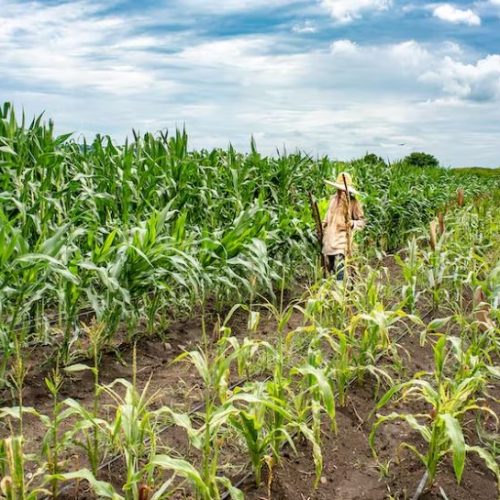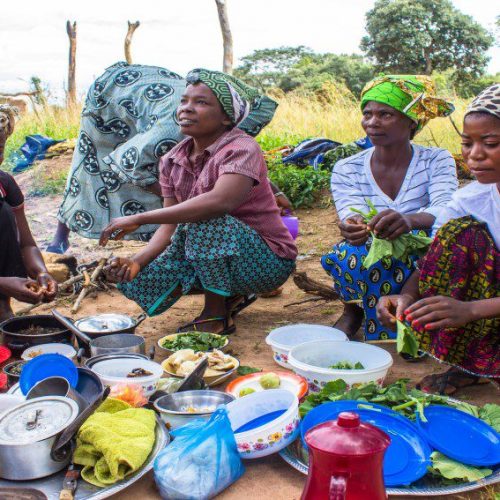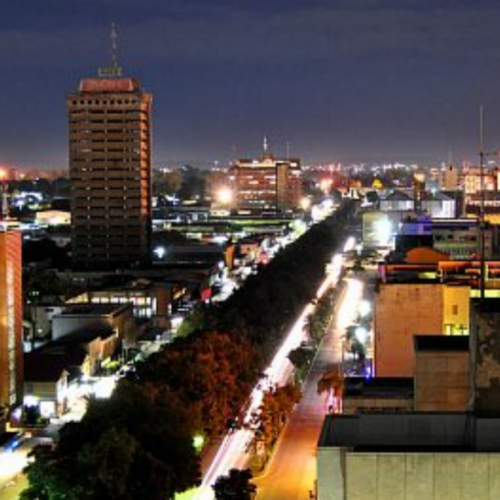Technology Can Boost Farming In Africa, But It Can Also Threaten Biodiversity - How to Balance the Two
Cultivating one hectare of maize used to be an arduous task for Precious Banda, a farmer in Zambia. It would take her hundreds of hours to prepare her land before sowing and to keep it weed-free until harvest – equipped with nothing but a small hoe. She says it was backbreaking work: “I can still feel it.” For a few years now she has hired a tractor, and a neighbour sprays herbicides for her. “Life has become so easy,” she says.
But she has also noticed changes around her farm. There are fewer bees and – most worrying for her – fewer caterpillars, which used to make a delightful dish. Precious Banda’s story is a perfect example of the situation millions of African farmers face.
Prof Kobus Malan
It is critical for us to develop partnerships internally and even outside Africa.
Developed countries are like that for a reason and it all can’t be attributed to colonisation. Those countries are ahead because they have developed sophisticated systems, products, and ways of thinking. We are yet to catch up as Africans and this is why we are still behind. I advocate for us to partner with people from those countries as often as possible so that we can pick up the pace and catch up quickly.
Why Culture Is Key In Tackling Malnutrition
To protect our food supply and prevent malnutrition in the face of climate change, the degradation of our planet, and diseases such as COVID-19, researchers from Israel and the United Kingdom have released a new report detailing how we need “radical changes to the food system”. In particular, the researchers say that we need to produce more “novel foods”.




